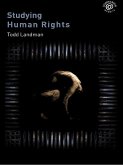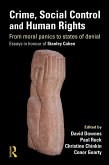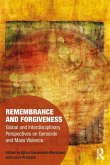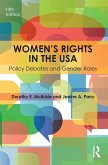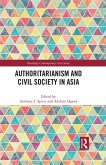Such explanations and understanding draws on the theoretical insights from rational, structural and cultural approaches in the social sciences. This book includes:
- an outline of the scope of human rights
- the terrain of key actors that have an impact on human rights
- a summary of the social science theories, methods and measures for studying human rights
- a separate treatment of global comparative studies, truth commissions, and human rights impact assessment.
Studying Human Rights is the first book to use the synthesis of social sciences approaches to studying human rights and its quantitative and qualitative approach provides useful insights. This book makes a unique contribution to the existent literature on human rights and is an invaluable tool for both scholars and practitioners of this area.
Dieser Download kann aus rechtlichen Gründen nur mit Rechnungsadresse in A, B, BG, CY, CZ, D, DK, EW, E, FIN, F, GR, HR, H, IRL, I, LT, L, LR, M, NL, PL, P, R, S, SLO, SK ausgeliefert werden.
'The Landmand project is serious, well-argued and challenging; it also contains a promise for a new branch or application of social science, which may produce firm results in the political sociology of human rights practices.' - Zenon Stavrinides, The Philosopher
'The Landmand project is serious, well-argued and challenging; it also contains a promise for a new branch or application of social science, which may produce firm results in the political sociology of human rights practices.' - Zenon Stavrinides, The Philosopher



